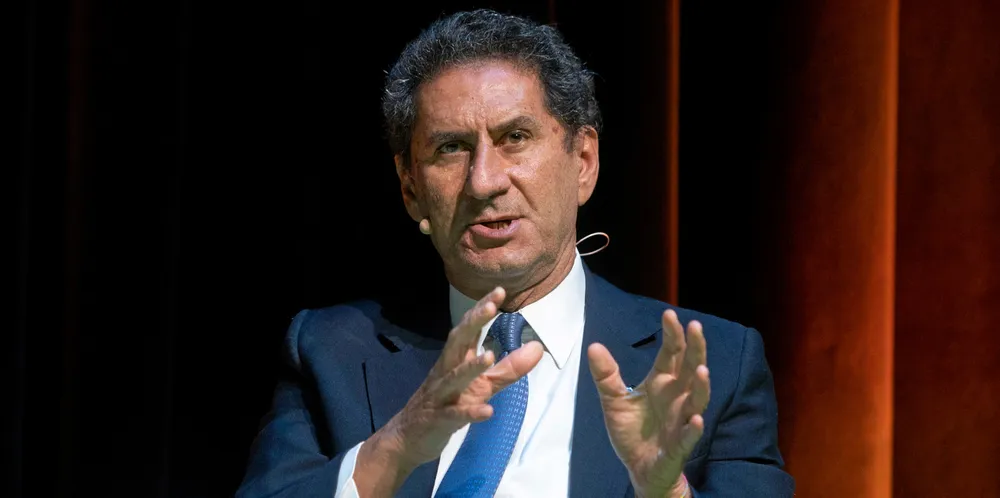'Not on track' | Renewables additions must triple to reach Paris pathway, warns Irena
To return to 1.5°C pathway world should reach 1TW of renewables installations per year, International Renewable Energy Agency says in first edition of World Energy Transitions Outlook
